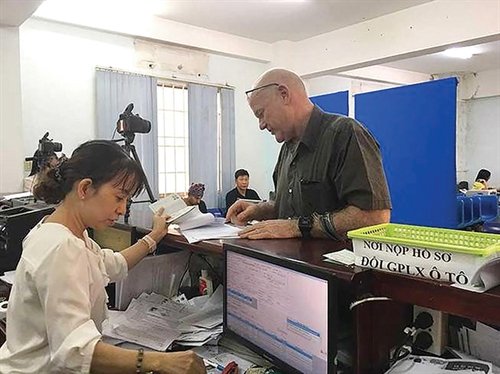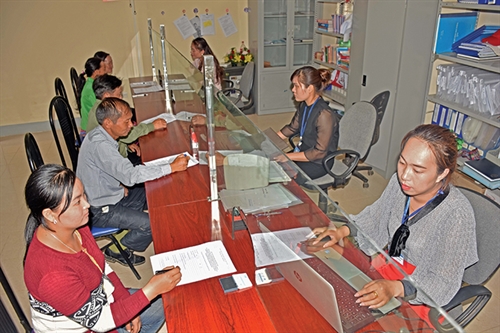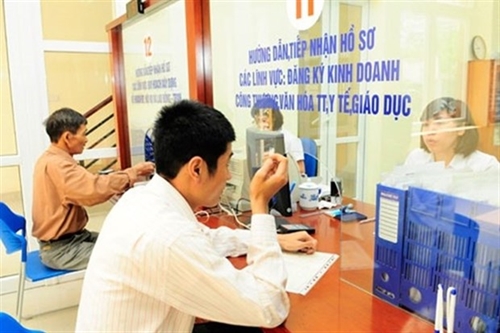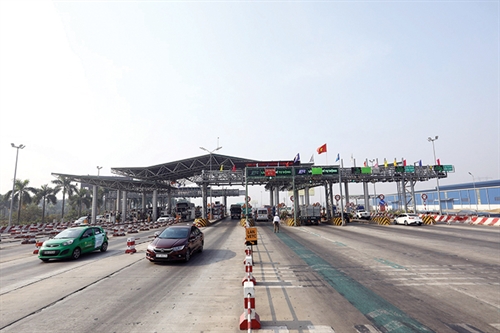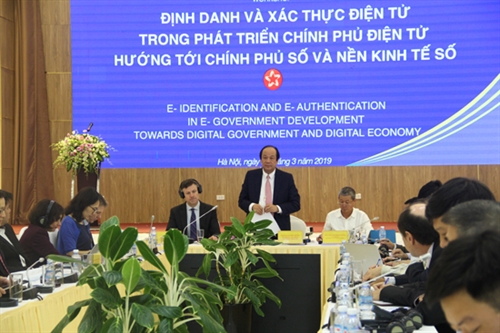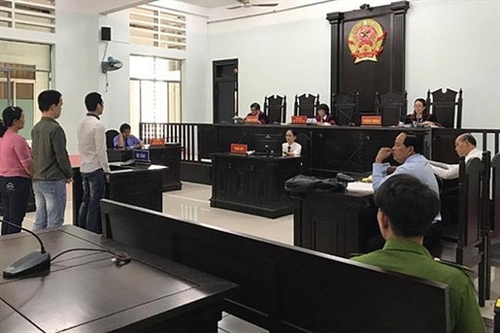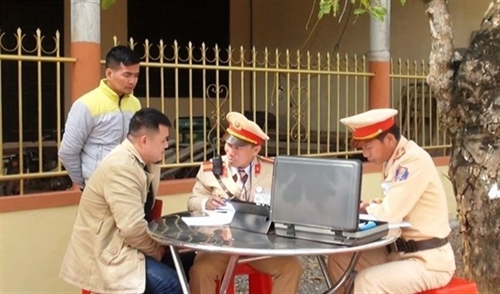Taxpayers could conduct tax-related e-transactions around the clock via the portal of the General Department of Taxation (GDT) or portals of other competent state agencies that are connected to the GDT’s, says a draft circular designed by the Ministry of Finance (MOF).
As per the draft, taxpayers might pay taxes online by using e-banking or intermediary payment services.
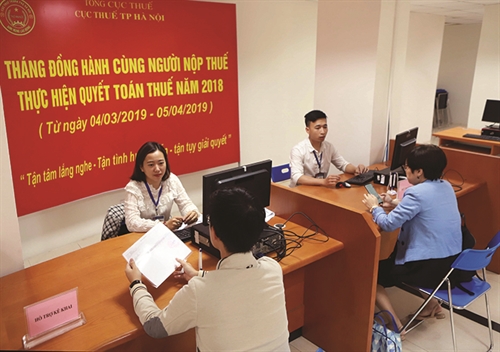 |
| People conduct tax finalization procedures for 2018 at Hanoi Tax Department__Photo: VNA |
Taxpayers could use tax-related e-transaction accounts provided by tax offices or competent state agencies to perform online administrative procedures related to taxes; search and print all tax-related e-documents sent to tax offices and notices and decisions sent by tax offices to taxpayers under regulations. Tax offices would also guide and assist taxpayers in the process of conducting tax-related e-transactions.
When conducting tax-related e-transactions with tax offices, taxpayers, intermediary payment service providers and other state agencies would have to use digital signatures given with digital certificates granted by public digital signature certification service providers or granted or recognized by competent state agencies.
Taxpayers who are overseas providers of e-commerce, digital-based business and other services for organizations and individuals in Vietnam and have no permanent establishments in Vietnam could use e-transaction authentication numbers granted by tax offices or related agencies to conduct tax-related e-transactions.
Organizations and individuals that declare and pay taxes on behalf of foreign organizations, individuals or contractors could use their digital certificates to sign on e-documents when conducting e-transactions with tax offices.
The MOF requires banks, intermediary payment service providers and competent state agencies to exchange, transmit and receive information in a complete, prompt and accurate manner, exploit and keep confidential taxpayers’ information for state management and coordinate with one another in collecting revenues belonging to the state budget. Tax offices would take charge of building a system to connect and exchange information with competent state agencies’ portals.- (VLLF)

